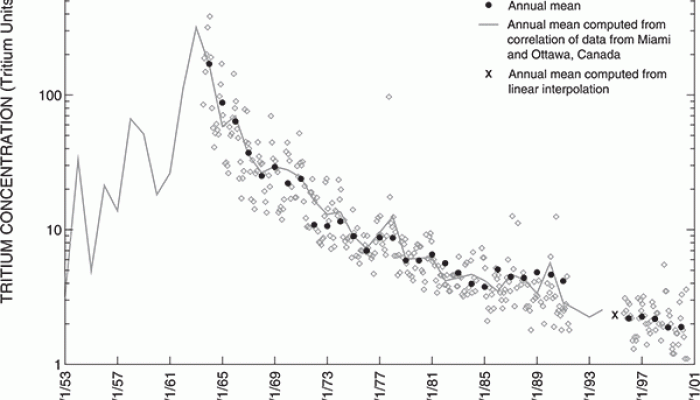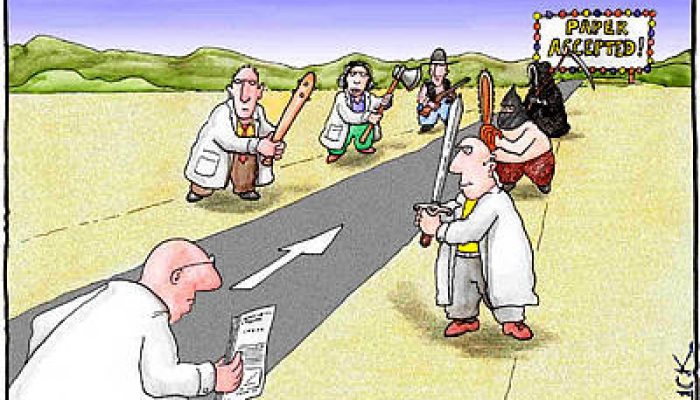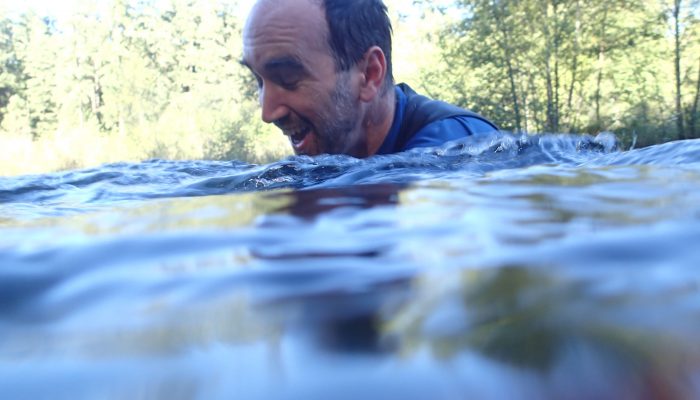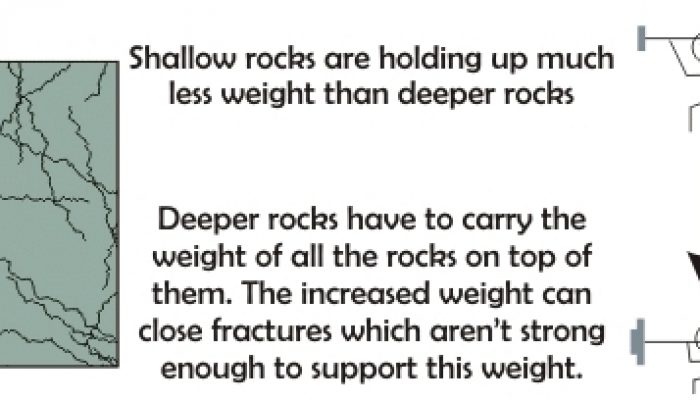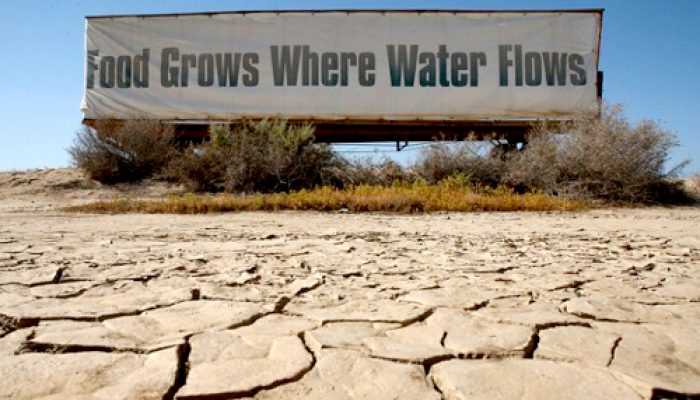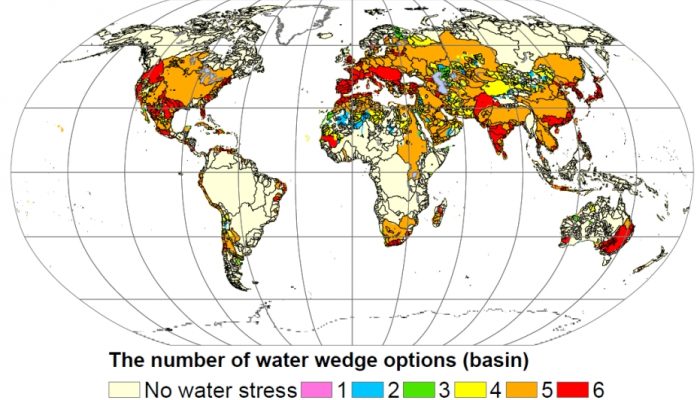My humanities colleagues and friends are always talking about postmodernism or pomo for short (see this funny satire). I’ve been thinking a lot lately about ‘modern groundwater’ (stay tuned for a cool paper), so I started wondering if there is ‘postmodern groundwater’. Modern groundwater is groundwater recharged since the huge spike it tritium in the early 1960’s due to above ground th ...[Read More]
Groundwater is NOT photogenic!
One of the first things I realized when designing this blog was that groundwater is not photogenic, in the extreme. Seriously: I dare every hydrogeologist to go to google images and search ‘groundwater‘. You find something like this: I am not saying that I dislike conceptual models or think they are ugly. I actually quite like them, which maybe explains my current profession! But I ...[Read More]
A social media dashboard for researchers – taming the digital anarchy for nerds
Is anyone else overwhelmed by updating their many webpages, blogs, streams etc? Jason Priem described the shift from a paper-native academia to a web-native academia, in an excellent article last year in Nature, a shift well beyond the traditional peer-reviewed journal to more diverse outlets of information, interaction and discussion. I am part of the first generation of researchers who are excit ...[Read More]
How to peer review: skill-building in a grad classes
I teach how to peer-review in graduate class because I think it is a core skill for any professional. I first demystify peer-reviewing and academic journals, and answer questions that all students have about these topics that they have heard about but rarely learn about using this: I describe my personal experience as a manuscript submitter, reviewer and associate editor. And then I outline the s ...[Read More]
What is the best journal to submit groundwater research this year?
We all know about the flaws of impact factors, including how they lead to citing recent research, self-citing etc. But I thought it would be handy to compile a list of journals where well-cited groundwater articles are most often published. Like it or not, I sometimes look up this information and I assume other people do to. The impact factor is certainly not the only factor I use to decide where ...[Read More]
How I start good supervisory relationships with graduate students
Many professors are confused about why a certain graduate student is happy or unhappy, under performing or performing well. I am far from a perfect supervisor, but I try to avoid this confusion by getting to know my graduate students on a relatively deep but professional level as quickly as possible, by doing the following in our first meeting: sharing results of a personality test; discussing our ...[Read More]
Stupid fun things I do in water #1: snorkle in a cold river with baby salmon
Most people like snorkeling in warm water. Well, I have to admit I do too but recently, a old friend and I decided to put on wetsuits and snorkle down part of the Cowichan River on Vancouver Island, British Columbia, where people often tube in the summer. It was definitely both stupid and fun… here are some pics, thanks to the waterproof camera :
Communicating research results through comics: is the permeability of crystalline rock in the shallow crust related to depth, lithology, or tectonic setting?
Mark Ranjram, a Masters student in my research group, wrote a paper on crystalline permeability that is coming out in a special edition of Geofluids on ‘Crustal Permeability’ early in 2015 (other cool papers in early view here). Here is Mark’s awesome response when I asked him if he wanted to write a plain language summary:
Is groundwater depletion keeping California fruit and veggies cheap during the severe drought?
Food prices in the United States are increasing slightly but not as significantly as one might expect given the severe drought in California. Margret Munro, a science journalist with Postmedia, recently asked me a great question: is groundwater depletion keeping California fruit and veggies cheap during the severe drought? Following up on her article, here is what I found and what it means for the ...[Read More]
Reducing water scarcity possible by 2050
Press release from McGill University of our research published yesterday in Nature Geoscience. Water scarcity is not a problem just for the developing world. In California, legislators are currently proposing a $7.5 billion emergency water plan to their voters; and U.S. federal officials last year warned residents of Arizona and Nevada that they could face cuts in Colorado River water deliveries i ...[Read More]

